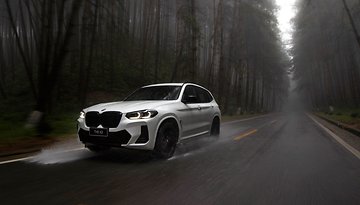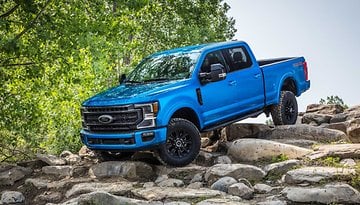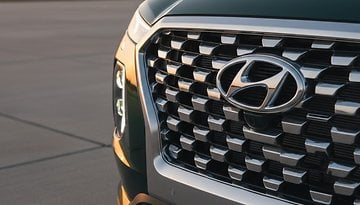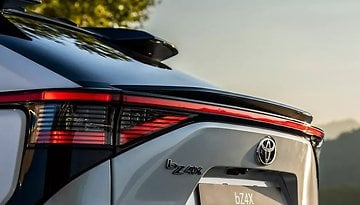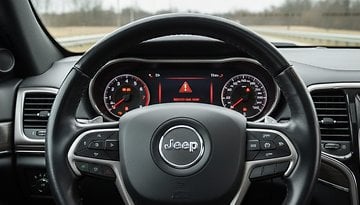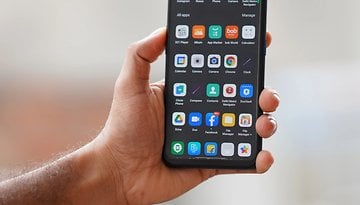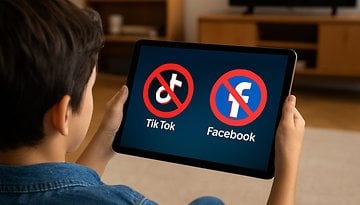End of EV Hype? This Favorite SUV Just Crushed the Tesla Model Y
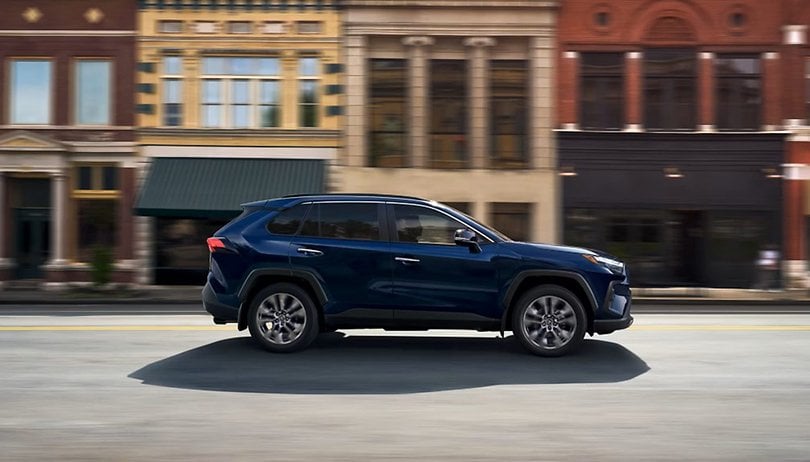

In 2023, the EV industry was heavily hyped, with Tesla's Model Y, for the first time, outselling the Toyota RAV4 to claim the title of the world's best-selling vehicle. While it was poised to continue this trend the following year, this wasn't quite the case, as the conventional crossover SUV reportedly regained its crown in 2024.
The Model Y was indeed the most popular vehicle globally in 2023 across all categories. Tesla sold 1.2 million units, outselling the RAV4 by roughly 150,000 units, which was a significant margin. However, the year 2024 appears to have been more challenging for the American EV maker, reportedly resulting in a decline in Model Y sales and, consequently, the crown returning to Toyota.
- Don't miss: Volvo EX40 electric SUV review
RAV4 Sales Are Growing While Model Y Sales Are Reportedly Declining
The margin for 2024 looks to be very minimal, with a report from JATO Dynamics' analyst highlighting that the Toyota RAV4 reportedly outsold the Model Y by around 2,000 units. The firm is recognized for its precise sales figures, which are derived from analyzing data from various sources, including dealer associations and national statistical offices.
Regardless of the minuscule difference, it's still a win for the Japanese carmaker, as the total RAV4s sold in 2024 reportedly increased by 11% from 2023. This figure combines conventional, hybrid, and plug-in versions of the SUV. Meanwhile, the Tesla Model Y has reportedly seen a 3% drop in sales in 2024 compared to the prior year.
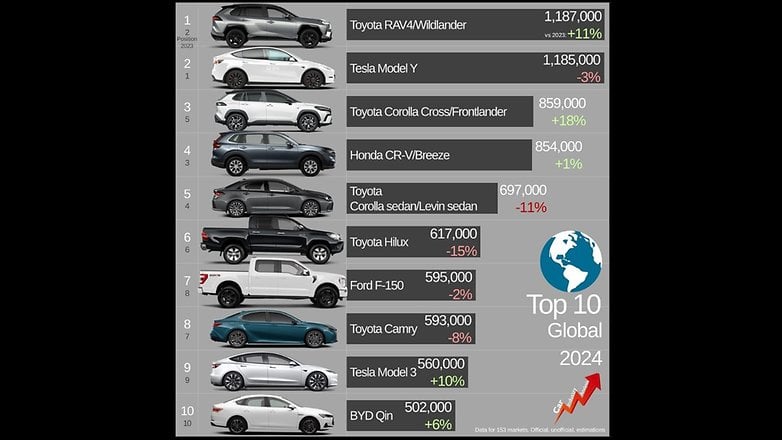
Specifically, the USA is the largest market for both SUVs. There were reportedly 474,193 units accounted for the RAV4 in the Land of the Free, marking a 9% increase. In contrast, Tesla reportedly sold 372,613 units of the Model Y, an 8% lower figure than in 2023.
Why Is Tesla Selling Fewer Electric Cars?
Many analysts associate the reported decline in sales figures with the backlash and criticism faced by Tesla's CEO, Elon Musk, particularly due to his vocal support for President Donald Trump during the election and into the early months of the new administration.
However, there are also arguments that consumers are not yet fully embracing EVs due to reasons such as range anxiety, the lagging EV charging infrastructure in many countries, and even the perception that electric vehicle ownership doesn't always bring cheaper costs in the long run.
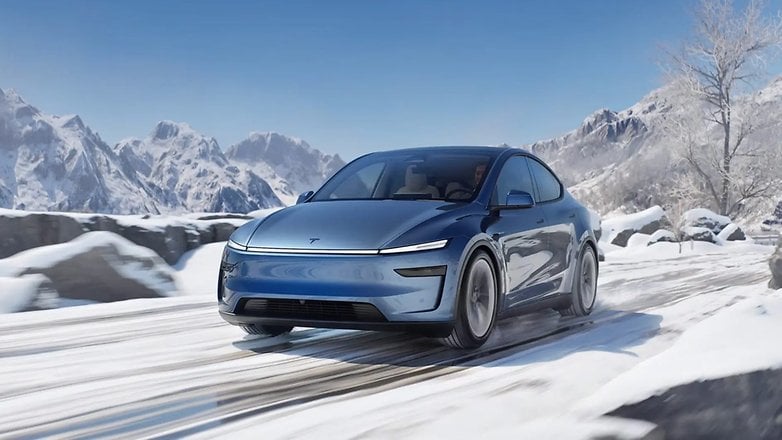
At the same time, it appears that some major carmakers, such as Toyota, are heavily investing in plug-in and non-plug-in hybrids rather than forcing consumers to transition directly to pure electric vehicles.
It's not only Tesla that is reportedly facing headwinds. BYD, another major EV maker, is also facing slower growth and stiffer competition both in China and in global markets.
The outlook for 2025 remains unclear for Tesla, despite Musk reportedly distancing himself from Trump. However, its refreshed Model Y, which was launched this year, could help reverse the trend. While Toyota has an all-new RAV4 slated for release, its full availability is only expected to start in 2026, which could allow Tesla to better position its EV offerings.
What are your thoughts on the popularity of conventional and hybrid EVs? Do you think that we're still a long way from totally calling it an EV era? We'd like to hear your answers in the comments.
Via: Car Expert Source: Instagram/u/FelipeMunoz
